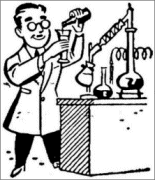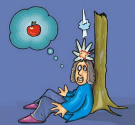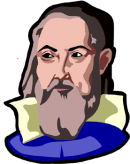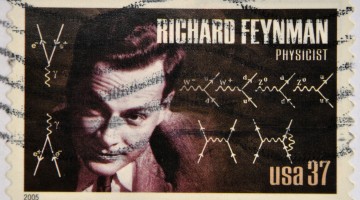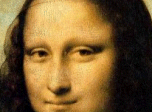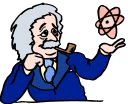Dr. Jonas Salk (October 28, 1914 – June 23, 1995) was an American research biologist who studied immunity, influenza, AIDS and polio. He is best known, however, for the development of the polio vaccine that has nearly eradicated the threat …[Continue]
Alexander Graham Bell
Alexander Graham Bell was born March 3, 1847 in Edinburgh, Scotland. March is also the anniversary of his most famous invention: the telephone. In 1875, after receiving a patent for the transmission of multiple telegraph signals on a single wire, …[Continue]
Sir Isaac Newton
Sir Isaac Newton (1642 – 1727) was an English scientist who made great contributions to physics, optics, math and astronomy. Among elementary and middle-school students, he is best known for his Three Laws of Motions and the Universal Law of …[Continue]
Galileo Galilei
Called the father of modern experimental science, Galileo Galilei was a seventeenth-century Italian astronomer and physicist. He is known for discovering the law of pendulums, using a telescope to view the moons of Jupiter, supporting a Copernican view of the …[Continue]
Richard Feynman
Although American physicist Richard Feynman won the Nobel prize in 1965, it was his books of anecdotes (“ Surely You’re Joking, Mr. Feynman!” and “What Do You Care What Other People Think?“) and his appointment to the presidential Challenger disaster …[Continue]
Thomas Alva Edison
With a lifetime dedicated to invention, Thomas A. Edison earned 1,093 U.S. patents, more than any other single inventor. His impressive achievements include the invention of electric lighting, the phonograph, and motion pictures. Edison was not only a successful inventor, …[Continue]
Leonardo da Vinci
Today Leonard da Vinci is best known for painting the Mona Lisa, which has become a pop icon. He, however, was not just a painter, but a Renaissance man of many talents and excelled as an inventor, military engineer, sculptor, …[Continue]
Albert Einstein
Albert Einstein, known as one of the greatest scientists of all time, was born on March 14, 1879 in Ulm, Germany. The following sites explore his life and his work and what struck me most was how accessible Einstein’s theories …[Continue]
